How to make simple and safe food coloring with natural ingredients at home
1 Advantages and disadvantages of natural food coloring
In order to create outstanding eye-catching for foods, especially confectionery and beverages, people often use food coloring to increase their aesthetic and sensory value. In today's market, it's not too difficult to find and buy food coloring boxes, but some artificial food colors will quite affect the health of users.
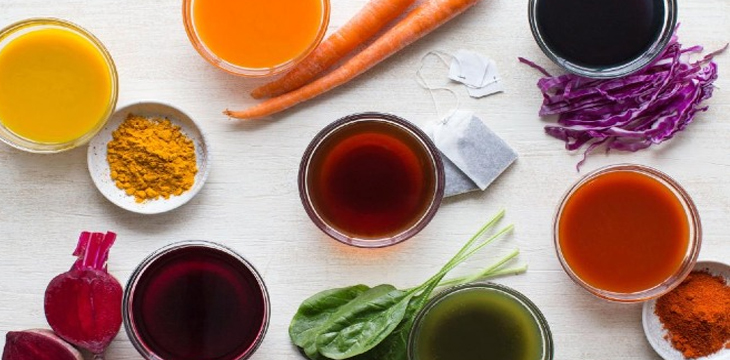
Unlike artificial food colors, natural food colors are extracted from plants and animals, so they are quite safe for users' health. But besides that, it also has disadvantages, specifically the following:
Advantages:
- Absolutely safe for the health of users.
- Easy to use for natural colors.
- It is extracted from nature, so it contains a large amount of vitamins and minerals.
Defect:
- Produced in limited quantities.
- High cost.
- Store and use only for a short time.
2 Food colorings made from natural vegetables
Red and pink: Raspberry or beet root. If you want to use deep pink or burgundy, use beetroot, and if you like bright pink, raspberries are the right choice for you.
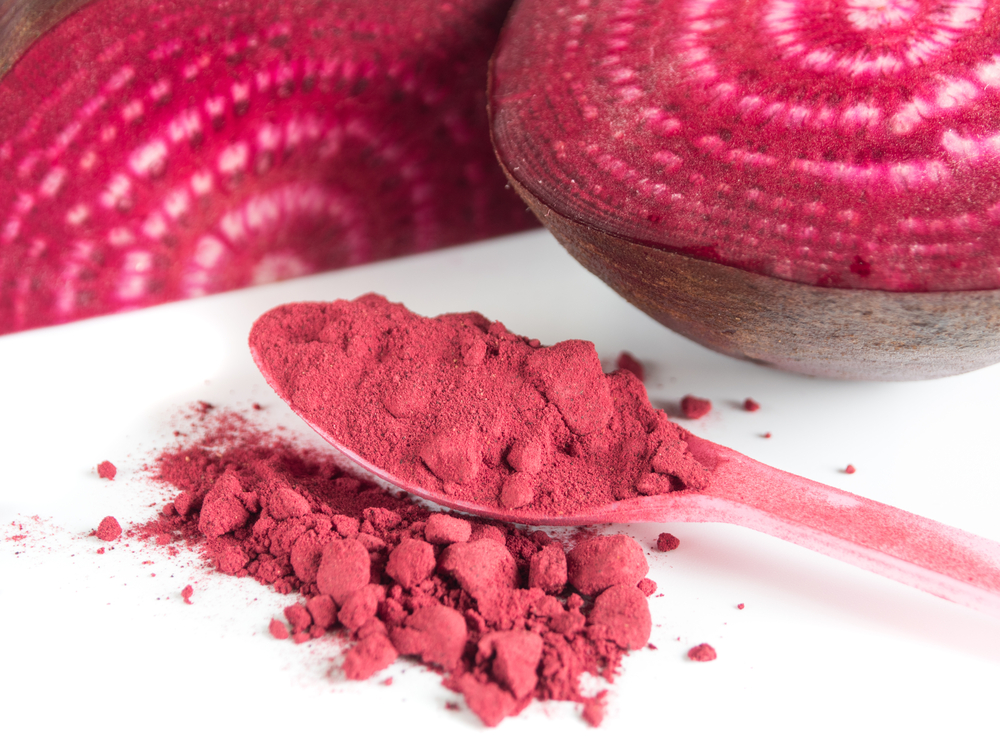
Yellow: turmeric (turmeric) or stamens of saffron (saffron)
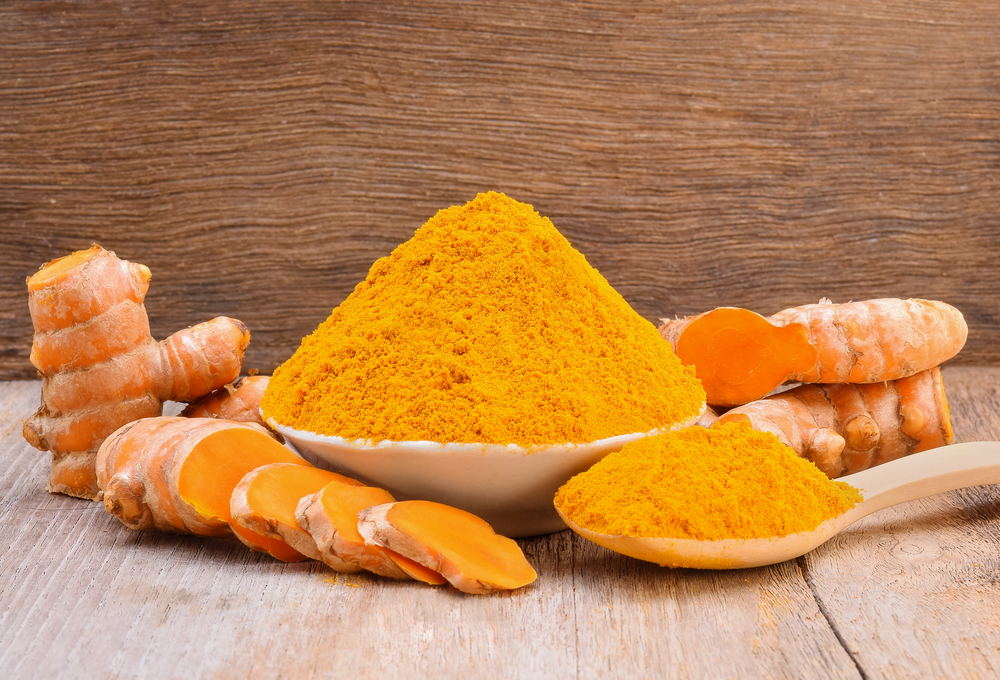
Orange yellow: carrot
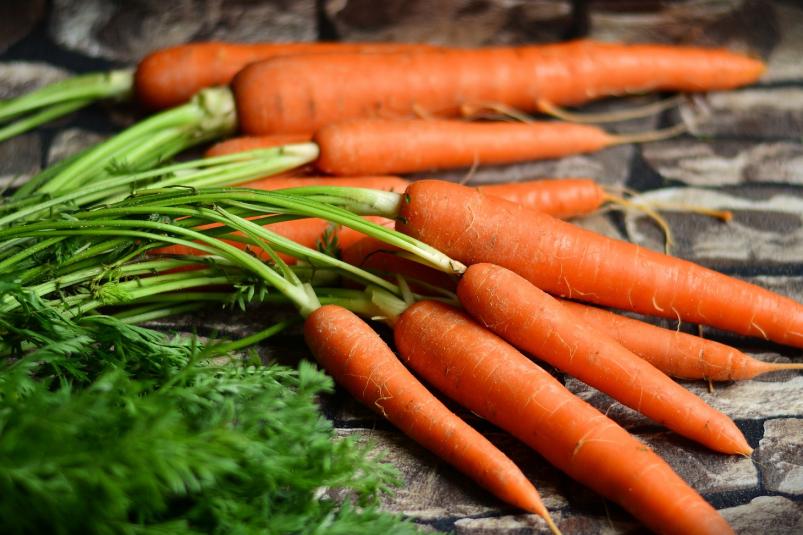
Green: spinach (spinach), green tea (matcha) or pandan leaves
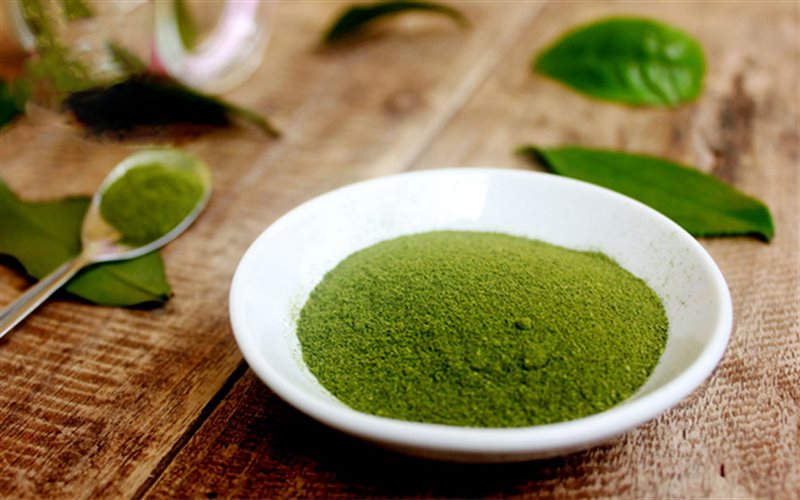
Purple: purple cabbage, leaves or blueberries
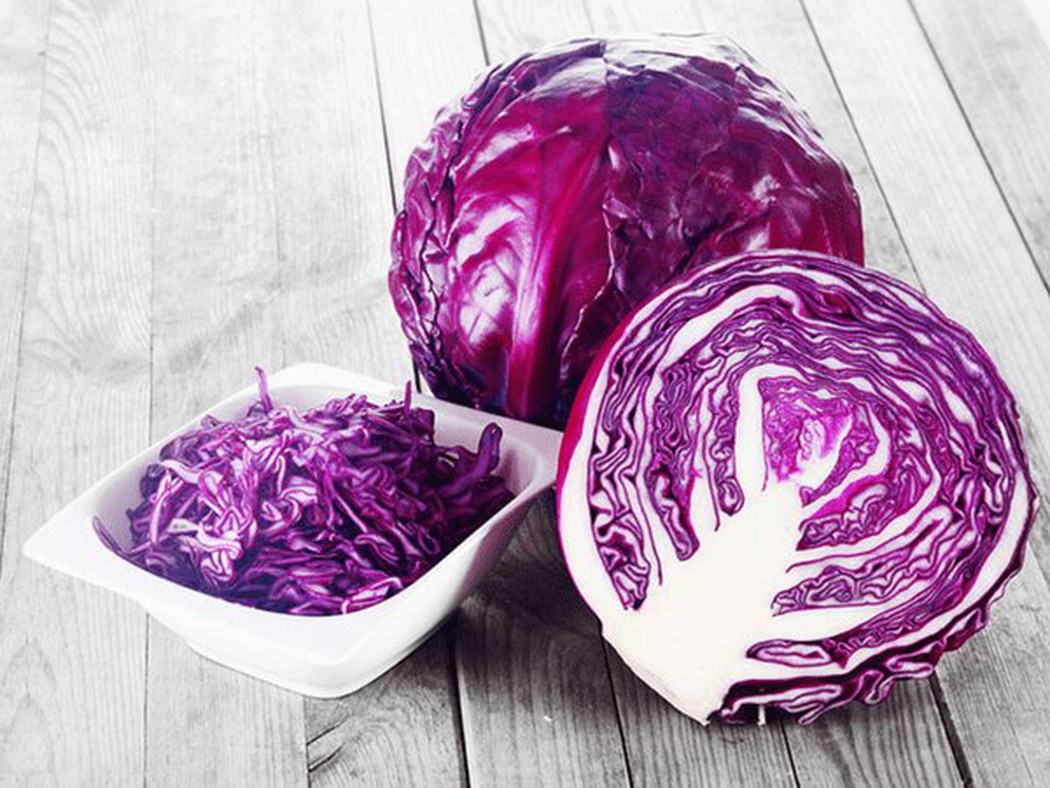
Brown: cocoa powder, coffee, cinnamon powder
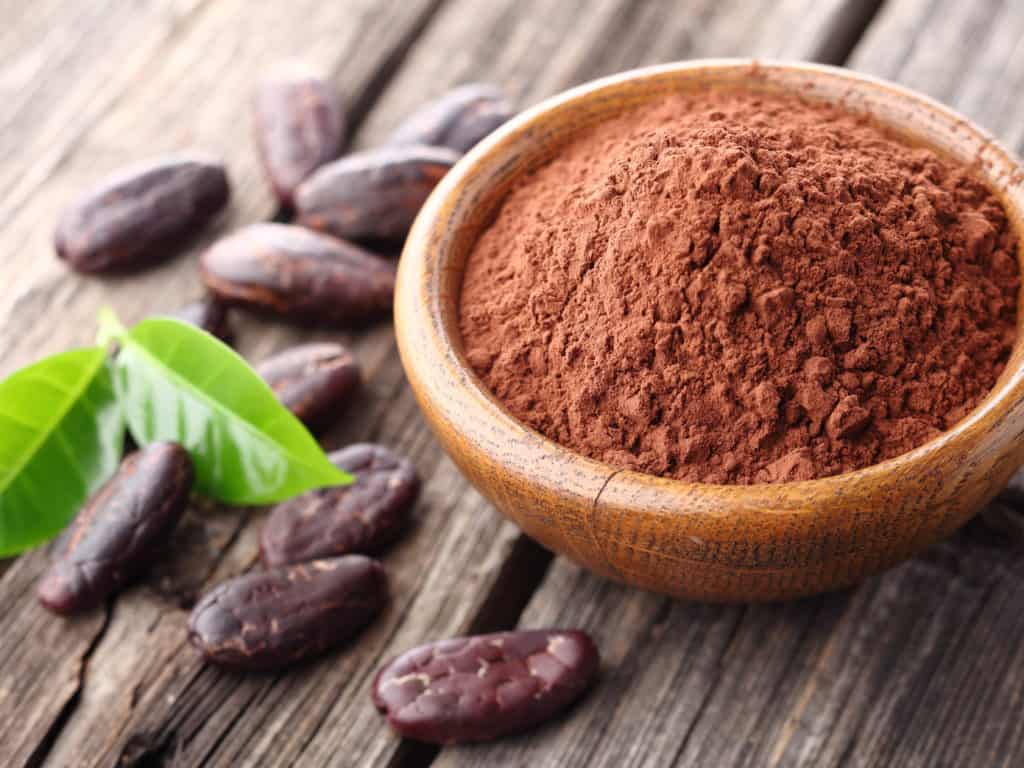
Blue: purple water added (salt) or butterfly pea flowers. Blue is a difficult color to mix, there is a simple way is to mix any purple water with baking soda. The chemical effect of baking soda will turn the purple color into blue.
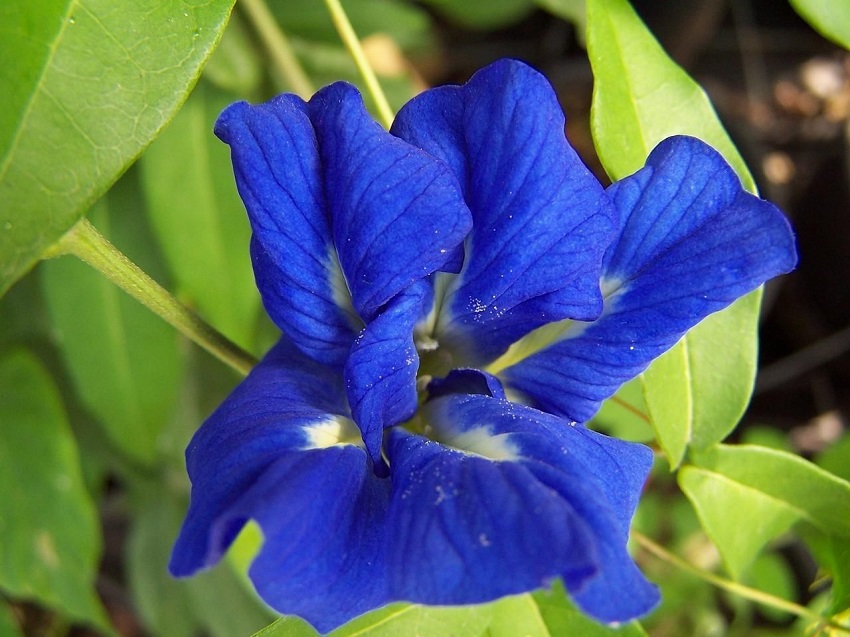
Black: Bamboo charcoal powder
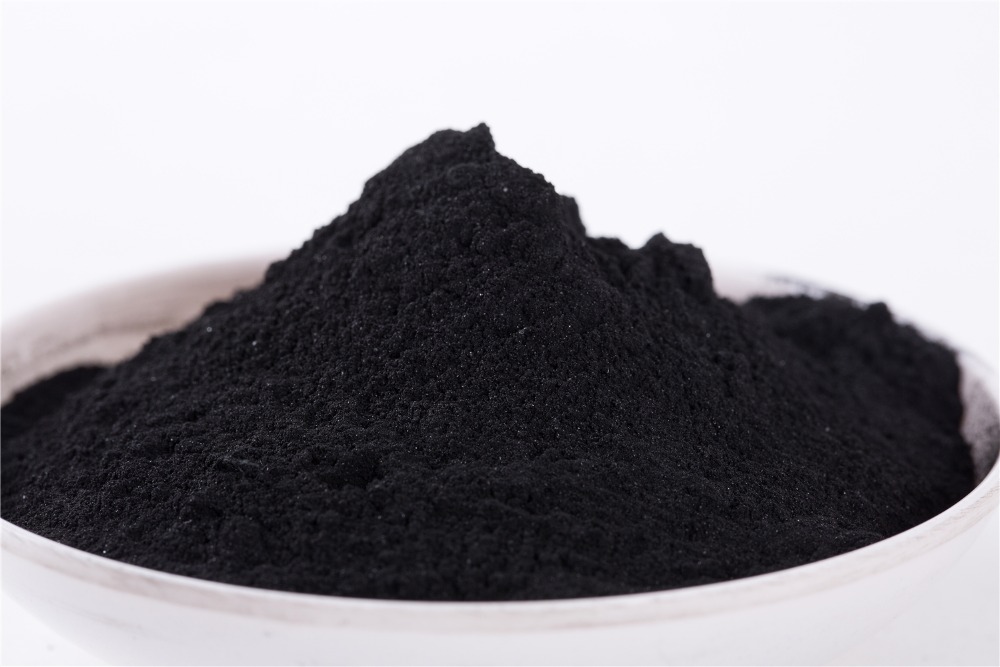
3 How to make liquid and powdered food coloring
Here Dien may GREEN will use beetroot as a food color, you can use other ingredients to create the same color through the method below.
Prepare materials and tools
- 200g beetroot
- 200g water
- Tools: , , ,…
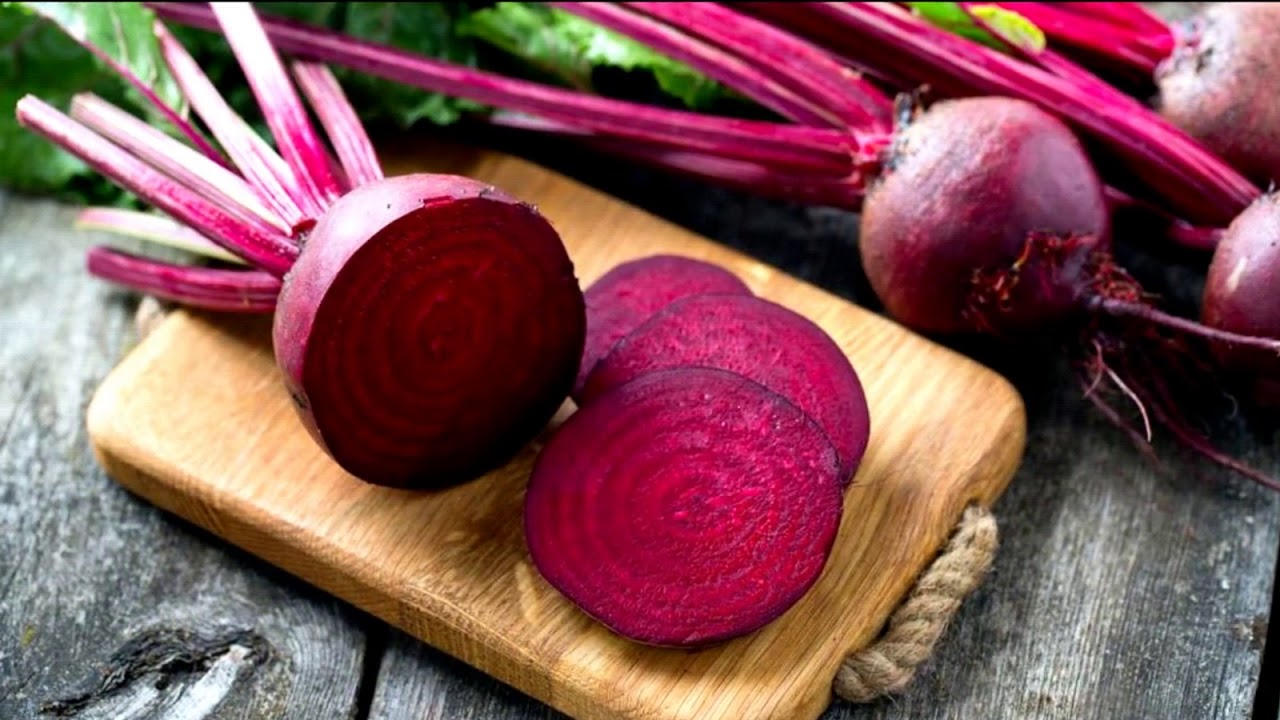
Doing
Step 1: Prepare beets
- First you need to choose beets that are fresh, not decayed, not too young and not too old. Then wash, peel and cut into small pieces about 1-2cm for easy grinding.
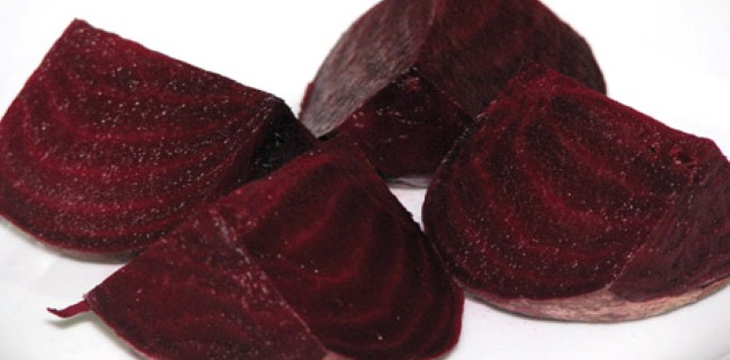
Step 2: Grind the beets
- After being chopped beets, you put them in a blender with 200g of water, then puree the mixture.
- After pureeing, filter the beetroot juice through a thin towel, squeeze it vigorously to get all the water out. From 200g of beetroot and 200ml of water, you get about 250ml of beetroot juice.
- Do not rush to throw away the beetroot, this part of beetroot can be used to make food coloring powder.
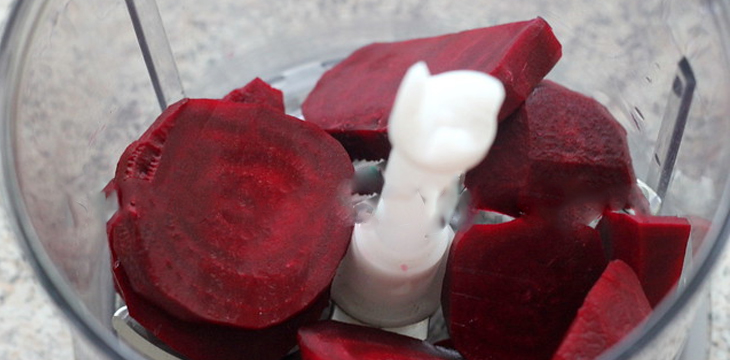
Step 3: Make liquid and powdered food coloring
- Bring the freshly squeezed water to boil. Reduce heat to medium and stir while cooking. The steam will evaporate leaving the beetroot juice thicker in the pot. Then you boil the water to about 50-60 ml . Then turn off the heat and let it cool, now you have watery food coloring.
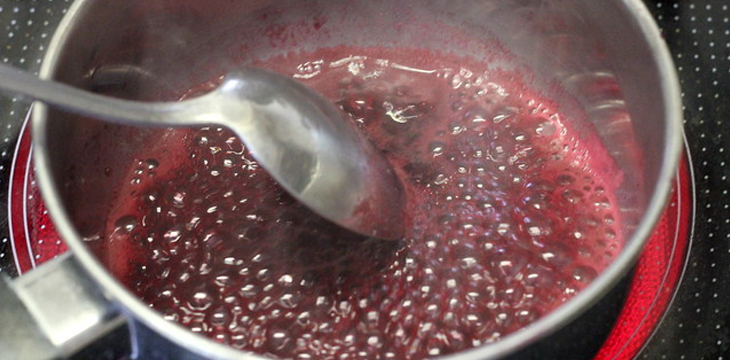
- The beet pulp can be used to make beetroot powder by drying in an oven at a temperature of 100 – 110 degrees Celsius until it dries (or you can use a dryer or dry it in the sun).
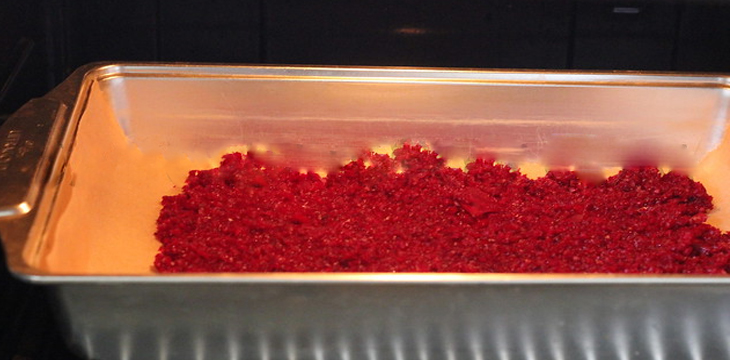
Finished product
Liquid beetroot food coloring will have a thick, viscous consistency and a deep burgundy color. As for the powdered purple tuber food coloring, it will be smooth and soft. dark pink
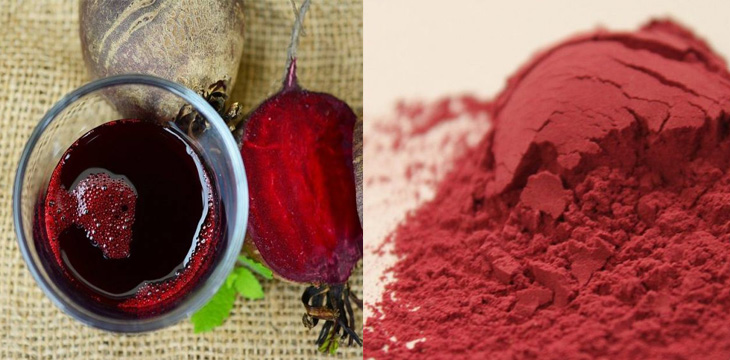
4 ways to preserve natural food coloring
For the most part, powdered food coloring will easily mold and spoil when exposed to humid air. Therefore, you need to preserve powdered food coloring, you need to store them in sealed jars or bags, avoid moisture and avoid exposure to air. When using, you use a dry spoon to get the pigment.
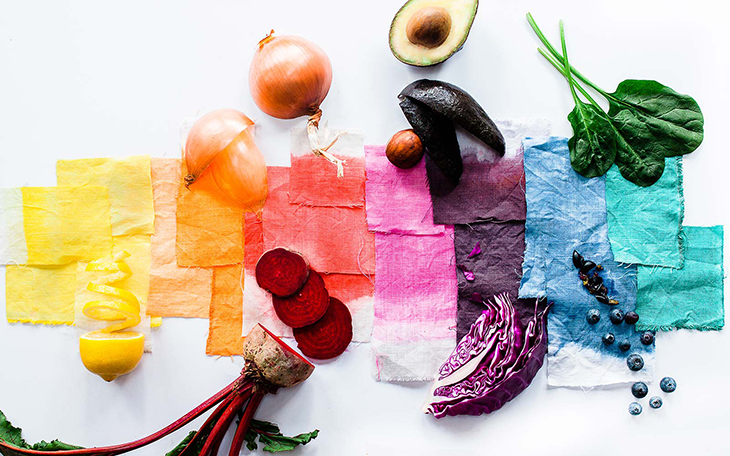
If it is liquid food coloring, you can put it in ice trays and put it in the freezer , take it out and use it when needed. This way, you can keep the color for several months. But fresh colors are still the best, so when you need to, you will do better.
With the following you can easily create more colors for your food. Good luck
The post https://meo.tips/cooking/how-to-make-simple-and-safe-food-coloring-with-natural-ingredients-at-home/ appeared first on Meo.tips.
View more from Meo.tips:
The West has a strange fruit with a bad skin but an unforgettable tasteHow many clothes should be put in the washing machine? The easiest way to estimate the volume of dry clothes
How to make a unique and impressive paper flower as a gift on March 8
Good tips to use betel leaves to treat underarm odor, both cheap and effective
7 reusable household items that we often throw away
9 ways to dry sports shoes quickly and effectively
Things to know about energy-saving energy labels when shopping
Getting caught in the rain should not be underestimated
Why should you soak your feet in hot water?
Pocket 7 tips to collect debt gracefully, effectively, smartly and skillfully during Tet holiday
The CEO of Levi's hasn't washed jeans in 10 years, so how often does he wash jeans?
Soak anise with white vinegar, bring many unexpected uses
How to make some homemade hair masks for dry, tangled hair
Treat acne quickly with ingredients available at home
Should I turn on a large or small fan to save electricity?
Meaning of symbols on clothing labels
How to effectively repel flies, ants, cockroaches and some indoor insects
Treat long-standing dark circles with familiar vegetables at home
Poisonous foods you should know
3 ways to make simple, easy-to-follow 3D handmade cards for March 8
Comments
Post a Comment